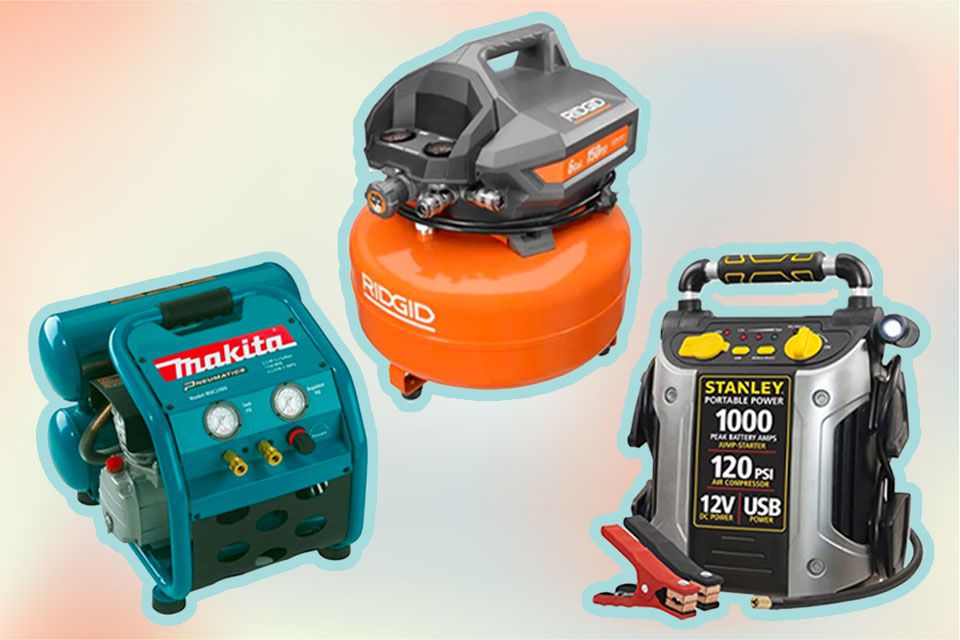Air compressors are important tools that are used in a variety of industries and applications. Mini air compressors are compact, lightweight, and low-cost versions of the traditional air compressor. These compressors are designed to provide compressed air for a variety of uses, such as inflating tires, operating pneumatic tools, and powering air-driven tools. This article provides an overview of the features and benefits of mini air compressors.
What is a Mini Air Compressor?
Contents
A mini air compressor is a small, lightweight, and low-cost version of a traditional air compressor. They are designed to provide compressed air for a variety of uses, such as inflating tires, operating pneumatic tools, and powering air-driven tools.
Mini air compressors are typically powered by electricity and are commonly used in home workshops, garages, and hobby shops. They are also used in industrial applications, such as in automotive repair shops, automotive manufacturing plants, and other industrial facilities.
Mini air compressors are usually smaller than their traditional counterparts, making them lighter and more portable. They are typically powered by electric motors and can be plugged into any standard electrical outlet.
Features of Mini Air Compressors
Mini air compressors typically have a tank capacity of up to 6 gallons. The tank capacity is important because it affects the amount of air that can be stored and the pressure that can be generated. Higher tank capacity allows more air to be stored, providing higher air pressure and a longer run time.
The horsepower of a mini air compressor is generally between 0.5 and 1.5 hp. The horsepower indicates the amount of power that the compressor is capable of producing. Higher horsepower allows for higher air pressure and longer run times.
Most mini air compressors are capable of producing up to 150 PSI of pressure. This is enough pressure to power most air-driven tools and to inflate tires.
The noise level of mini air compressors is typically between 60 and 90 dB, which is lower than the noise level of traditional air compressors. This makes mini air compressors ideal for use in workshops, garage, and other areas where noise is a concern.
Benefits of Mini Air Compressors
Mini air compressors offer several benefits compared to traditional air compressors. They are lightweight, small, and portable, making them easy to move and store. They are also quieter than traditional air compressors, making them ideal for use in workshops, garages, and other areas where noise is a concern.
Mini air compressors are also cost-effective. They are typically cheaper than their traditional counterparts, making them a cost-effective option for small and medium-sized businesses. They are also low-maintenance and require little upkeep, making them a great option for those who don’t have the time or expertise to maintain a traditional air compressor.
Finally, mini air compressors are versatile and can be used for a variety of applications. They can be used to inflate tires, operate pneumatic tools, and power air-driven tools.
Conclusion
Mini air compressors are small, lightweight, and low-cost versions of traditional air compressors. They are designed to provide compressed air for a variety of uses, such as inflating tires, operating pneumatic tools, and powering air-driven tools. Mini air compressors offer several benefits compared to traditional air compressors, such as portability, low noise levels, cost-effectiveness, and versatility.

